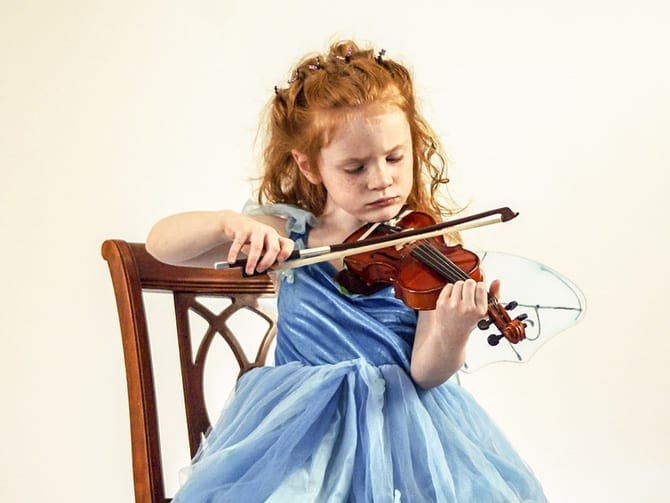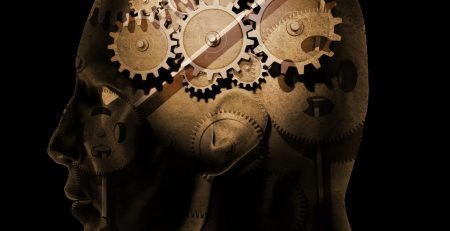Children Who Play Instruments Found to Have Better Working Memory
According to a new study in the journal Frontiers in Neuroscience, children who learn to play a musical instrument “may benefit from superior attention and working memory in comparison to children that have no musical training,” IFLScience.com reports. Furthermore, children who played in an orchestra or ensemble displayed increased activation in key brain regions involved in executive functions.
Researchers tasked 40 children between ages 10 and 13, half of whom had been regularly practicing a musical instrument for at least 2 years while the other half did not, to complete a task designed to assess attention and working memory. While they were completing this task, the researchers scanned their brains using functional magnetic resonance imaging (fMRI).
The children played music consistently achieved higher scores on all memory challenges and the researchers noted stronger activation in the frontoparietal control network, which helps coordinate sensory input and is associated with executive function. There was also a significantly greater activation in the thalamus, the region of the brain that processes sensory information and language.
“The next step of the project is to establish the causality of the mechanism we found for improving attention and working memory,” said Dr. Leonie Kausel, a neuroscientist at the Pontifical Catholic University of Chile and the Universidad del Desarrollo Chile. “We also aim to make a longitudinal study on musical training with children, evaluating attention and working memory, and the possibility to evaluate a musical training intervention on ADHD children.”














